Republicans and Democrats in Ohio still can't get together on a proposal that would allow Joe Biden to be on the presidential ballot. Gov. Mike DeWine (R-Ohio) called for a special session of the Ohio legislature on Tuesday to settle the matter, but both sides got bogged down in a campaign finance bill regarding foreign donations to Ohio campaigns. So the legislature never voted on a measure that would move the deadline for ballot access from August 7 to August 23—after the convention.
There's already a law against politicians accepting foreign donations. However, this measure that Ohio Senate Republicans proposed would prevent foreign donations to ballot measures as well. The pro-abortion ballot measure that passed last year was funded by Swiss billionaire Hansjörg Wyss.
While that was going on, Democrats decided to take matters into their own hands and proposed a "virtual roll call" of the states before the convention to ensure that Biden would be on the ballot.
“Joe Biden will be on the ballot in Ohio and all 50 states, and Ohio Republicans agree,” Democratic National Committee Chair Jaime Harrison said in a statement. “But when the time has come for action, they have failed to act every time, so Democrats will land this plane on our own.”
DeWine sounded embarrassed about the situation.
“Ohio is running out of time to get Joe Biden, sitting president of the United States, on the ballot this fall,” he said during a Thursday evening surprise press conference. “Failing to do so is simply not acceptable. This is ridiculous; this is an absurd situation.”
It might have been unnecessary if someone in the national Democratic Party had bothered to read the law in Ohio. No Democrats were aware of the potential SNAFU until Ohio Secretary of State Frank LaRose pointed it out to the Democrats in April.
"The law that created this ballot access deadline was passed when Democrats held the majority in the state House 15 years ago," LaRose wrote in a Wall Street Journal op-ed.
"They used to say refusing to enforce election rules was a threat to democracy; now refusing to bend the rules is a threat," he added.
The exact timing of the virtual roll call remains to be seen, but party officials emphasized it will be before Ohio’s Aug. 7 ballot certification deadline. The DNC’s Rules and Bylaws Committee is set to meet June 4 to vote on a resolution to clear the way for the virtual event. If approved, the resolution will then need approval from the full DNC.
It would not be the first time Democrats finalized their presidential nominee virtually. In 2020, during the coronavirus pandemic, the Democratic National Convention was conducted almost entirely remotely, with the roll call featuring prerecorded messages and live shots from across the country.
But the in-person roll call of states, culminating with the official nomination of a presidential candidate, is typically a focal point of the pageantry of political conventions. The Chicago convention is still expected to feature the roll call, but the formal nomination of Biden will be during the virtual proceedings.
Ohio may still resolve everything and pass either a one-year extension of the ballot deadline to August 23 or a permanent one. If this happens, there won't be any need for a "virtual roll call."
It would have been fitting since for most of the last three-and-a-half years, Joe Biden has been a "virtual" president.


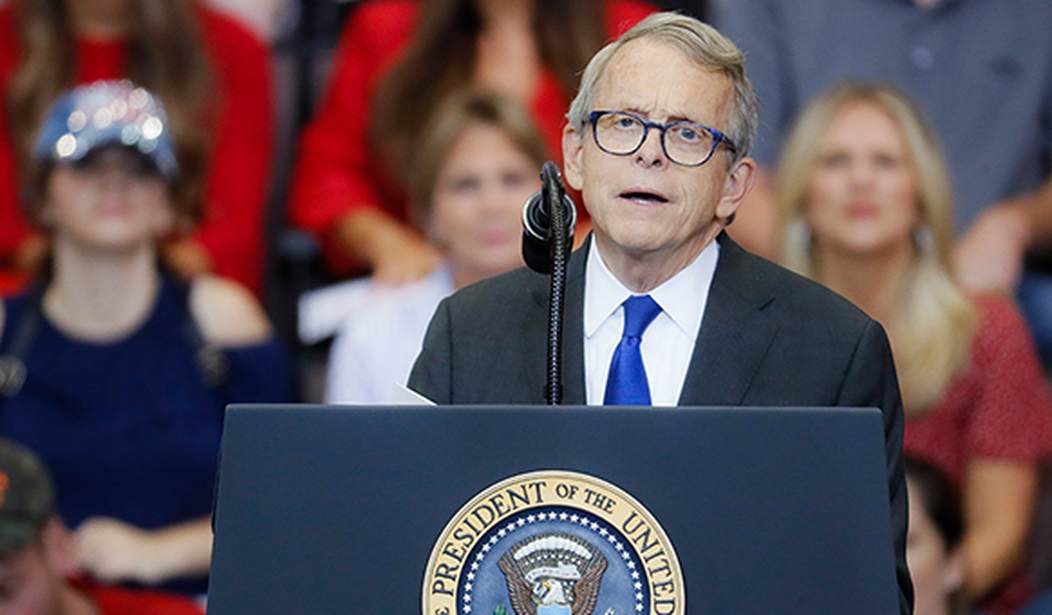

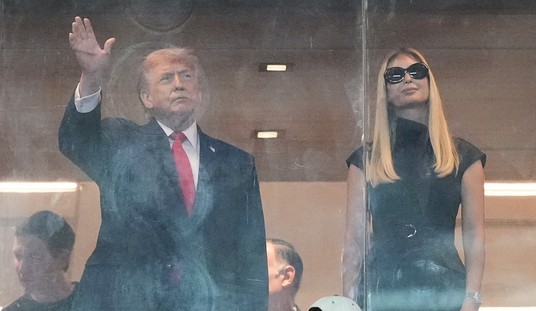


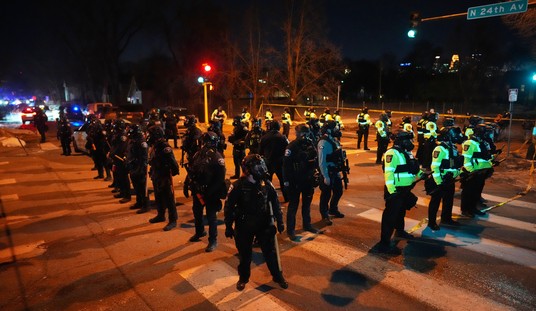
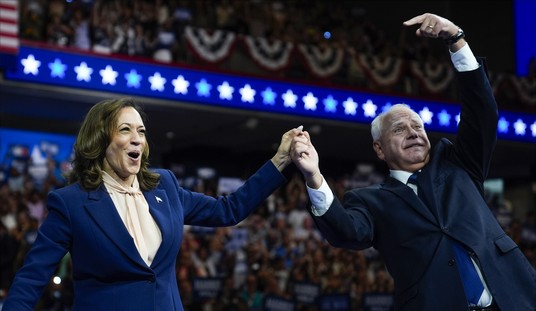
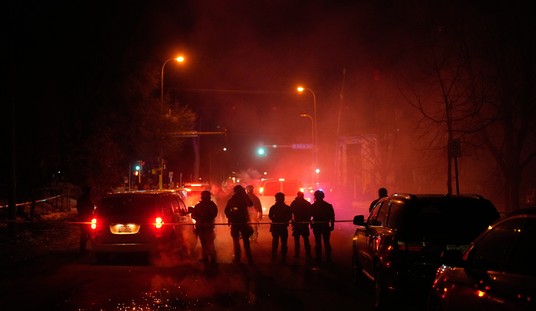
Join the conversation as a VIP Member